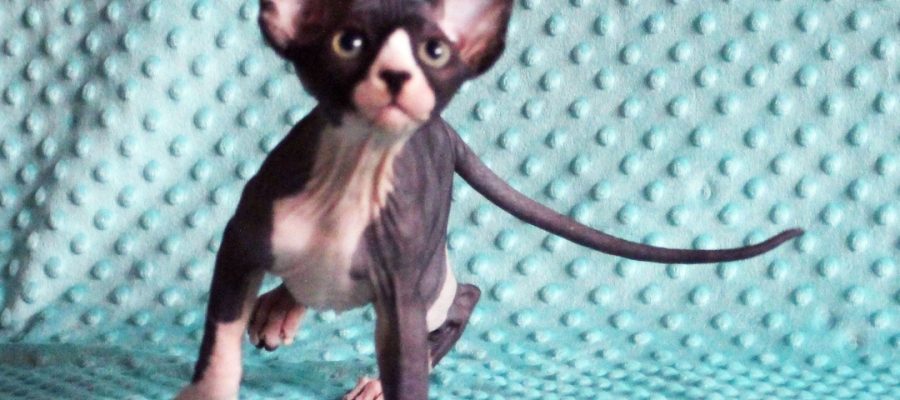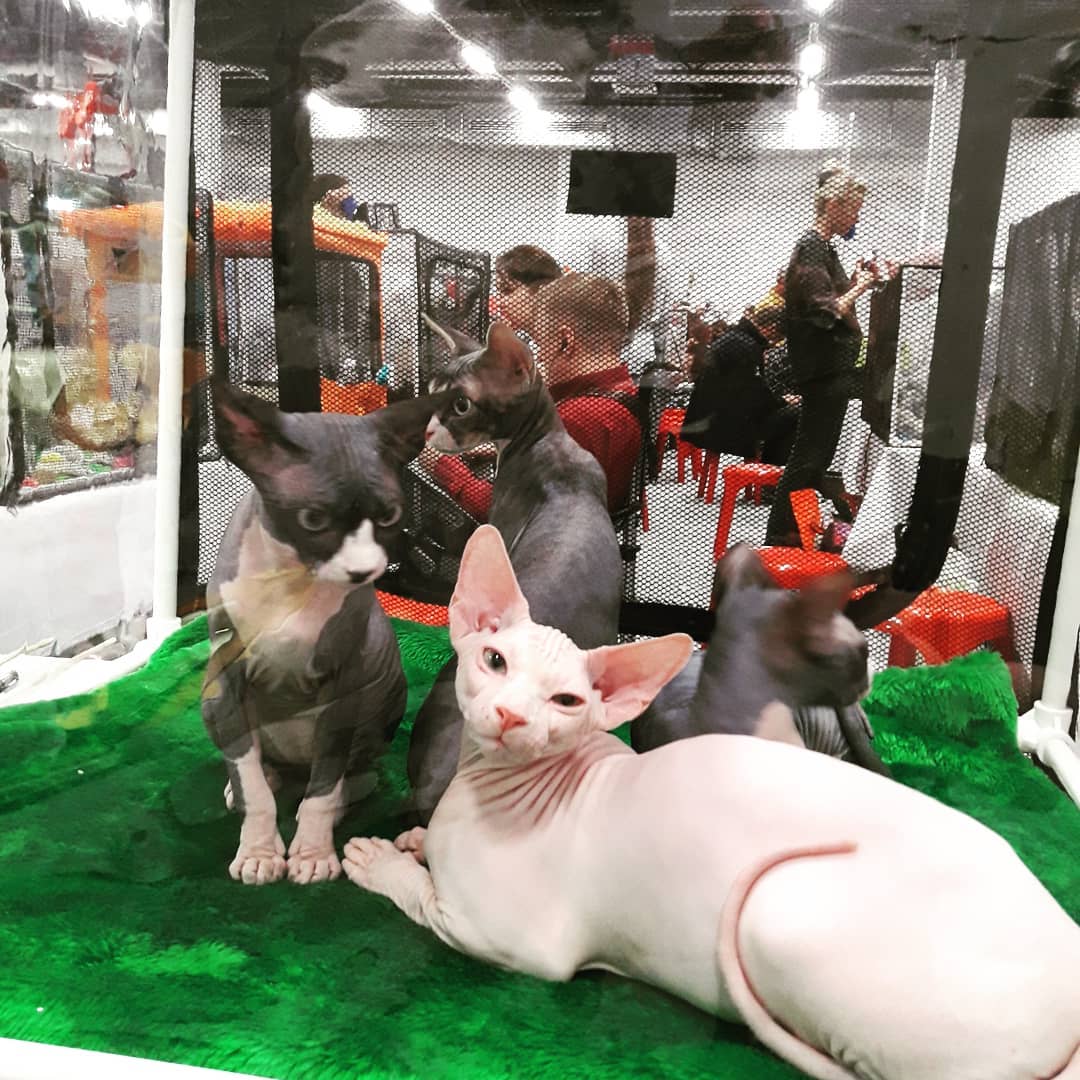
Photo taken sphynx
By any stretch of the imagination, Steven Meserve is more qualified at judging cats than I am at my actual job.
In two minutes of holding one, he can rank its coat texture, eye shape, muscle tone and more against other hopefuls, something he will do hundreds of times at the LondonCats International Show and Cat Expo in Shoreditch this May.
As someone with more than 25 years at The International Cat Association (TICA) under his belt and owner of the 2017 World’s Best Kitten, a gorgeous American Shorthair named Stone, his decision carries weight.
But, like all great loves, cat fancying has its highs and lows. Along with Brexit fears and a lifetime battling “crazy cat lady” stereotypes, it has even landed Steven in hospital for three days, albeit without ever diminishing his passion.
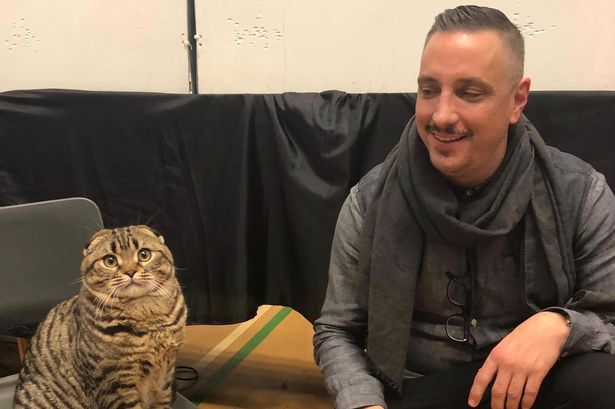
Exhibitors, or those showing their pets, will enter into one of five categories: kittens (short-haired or long-haired), adults (divided the same) and neutered cats.
Having this fifth, “not quite as competitive” category is understandable, Steven explained, when you “think of the difference between a teenage boy and a 60-year-old”.
The neutured cats may have been, in a sense, put out to pasture, a fate eventually in store even for prizewinners like Stone, but they are also, thanks to being less unpredictable, “far easier to show”.
A separate competition runs alongside for everyday moggies, the amateur dramatics of the cat world, where judges examine cleanliness, temperament and their own personal preference rather than the usual strict list of written standards.
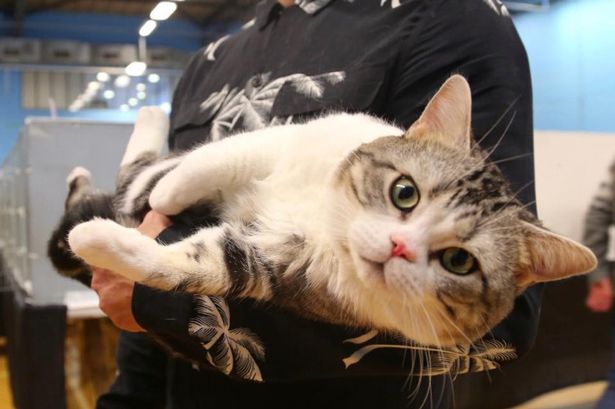
But, while the vast majority of show cats are used to the attention, accidents are inevitable. Steven has been bitten “a couple of times” while judging, including in a dramatic incident last May.
“I was in the hospital for three days, through no fault of the cat, the owner or me,” he said, “It was a very nice ragdoll who gave me no warning, nothing, before it bit my forearm and got the tendon on my wrist.”
The cat in question was automatically disqualified and Steven, who carried on judging, woke up the next morning with his “entire arm red” and was admitted to A&E at a speed he still finds amazing.
In some ways, having fully recovered apart from a newfound cautiousness with the animals, he got off lightly, since other judges have been left with “mobility issues” after bites on the hands or fingers.
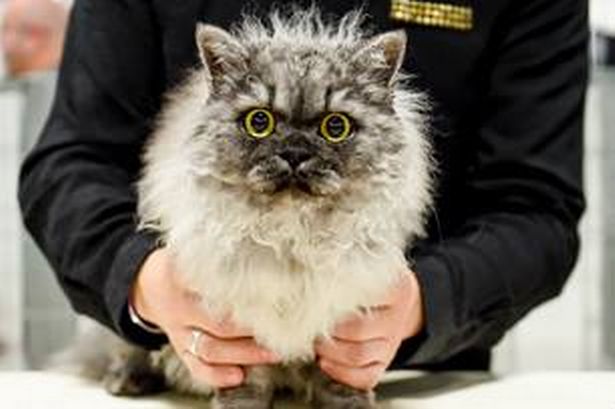
While some might ask who would continue judging after flirting with septicemia, such dedication is a common trait among cat fanciers, who compete for glory rather than a cash prize.
In the past, rumours have abounded of how far this passion has transported some competitors, with whispers of people opening others’ cat carriers or cats mysteriously becoming ill during the show.
“You don’t hear about it so much anymore,” Steven said, insisting the same urban legends exist in the dog world, “But it can get quite catty. At the end of the day, it’s a competition and these are people’s babies.”
A far more real and pressing concern in the world of cat fancying is instead the spectre of an uncertain Brexit , which has already made a dent in the number of international cats and vendors planning to attend this year’s show.
Steven explains “a lot of people are a little bit nervous” that Britain may revert to the system that predated European Pet Passports, with owners required to submit their cats to a rabies test and wait as long as six months for the all clear.
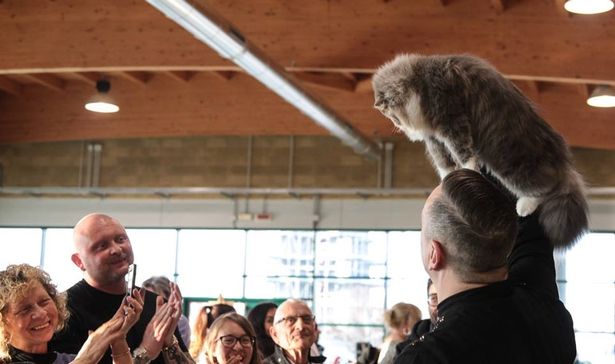
Still, Steven’s excitement is undimmed. He hopes the show’s first ever Central London location will entice a younger crowd to the world of cat fancying, largely, he admits, for “selfish reasons”.
“Not that I hide it,” he said, “But sometimes it requires so much explaining – not justifying! – when I’m asked what I’m doing on the weekends.
“In the UK, we don’t have good development of the next generation. In China, the average age is 25 to 30, whereas here I’m considered on the younger side. Most people are in their 60s or older.”
However, he points out that London, specifically South London , is in fact the birthplace of the cat show, with the first one ever held at the Crystal Palace in Sydenham in 1871.
Attracting more than 20,000 visitors, it caused havoc with crowd control on the first day and forced the palace’s administrators to add more trains , to the delight of its organiser and the “Father of the Cat Fancy” Harrison Weir.
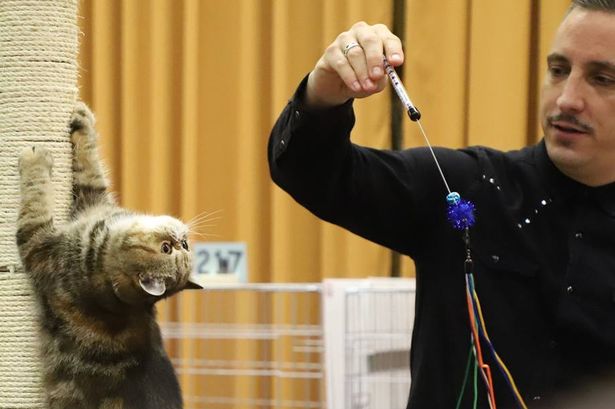
Steven now spends an estimated 30 weekends a year at cat shows around the world, a jet-setting hobby that takes him to Asia, American and Australia, and is supported by the salary from his luxury events and PR business.
In addition to splitting his time between managing Vivienne Westwood fashion shows and cat-filled leisure centres in Newbury, this means he knows what it takes to rear a prize-winning cat, something he has done more than once.
Other than inherited genes and natural variation between breeds – Maine Coon cats, Steven explained, are great with people, whereas British Shorthairs can be “a bit standoffish” – the key to a quality cat is “upbringing, handling and food”.
“I can tell as a judge what cats are fed raw,” he insisted, “Their eyes are brighter, their coats are shinier and it makes their immune systems stronger.”
But the most surprising benefit is how it affects what comes out: “If anything the bonus of the raw diet is, even though you spend more on food, you save on litter because the poo is hardly nothing, it’s like rabbit pellets.”
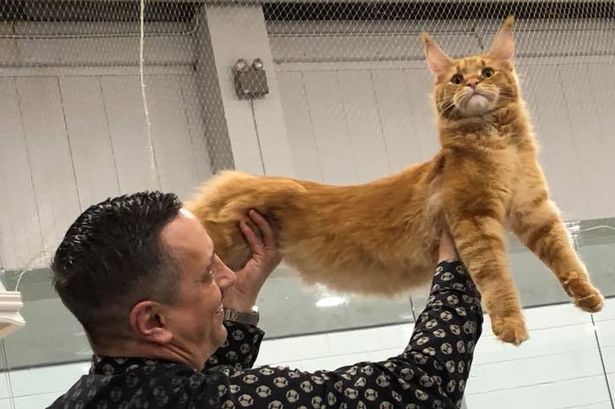
Now 45, Steven has been a dedicated convert since 17, when the Boston high-schooler spotted an ad in the paper for “toy leopards”, now better known as Bengals.
Fascinated by the thought of a type of cat he “never even knew existed”, he met up with the seller, Jean Mill, and quickly “fell in love” with the breed.
Asked what his parents thought of this, he claimed they think he’s “been crazy” his whole life but are nonetheless “super supportive”, adding: “I guess I’ve never had 50 cats or anything like that, it was always just a few.”
Of Jean, who died recently, he said: “She was the first one able to get a cross between wild and domestic cats and she wanted to get the breed recognised and raise awareness of them.
“I was really intrigued by this nice lady and had a lot of time on my hands on the weekends. I started going to shows and learned the ropes and from that point on, even though it’s not 100 per cent of my life, I’ve always kept one foot in it.”
If you want to buy a Canadian sphinx, write to the direct of our instagram instagram.com/sphynxspace/
